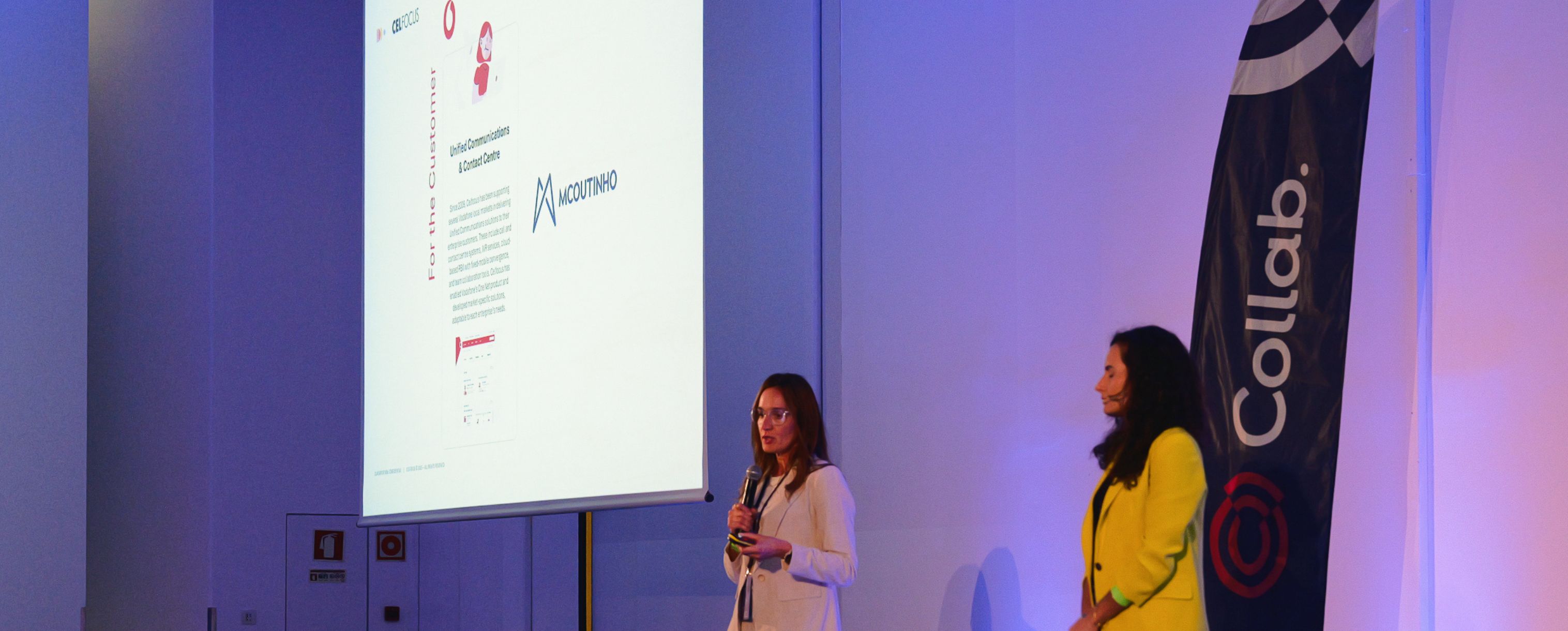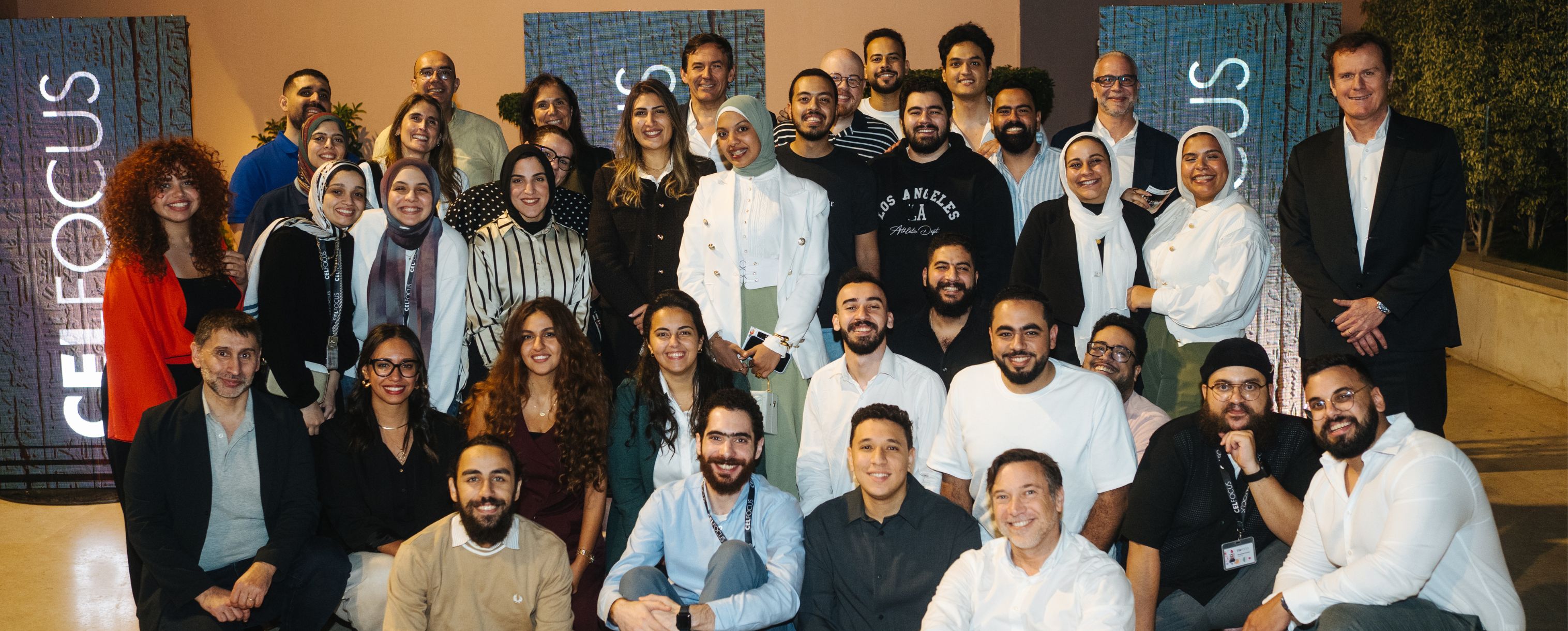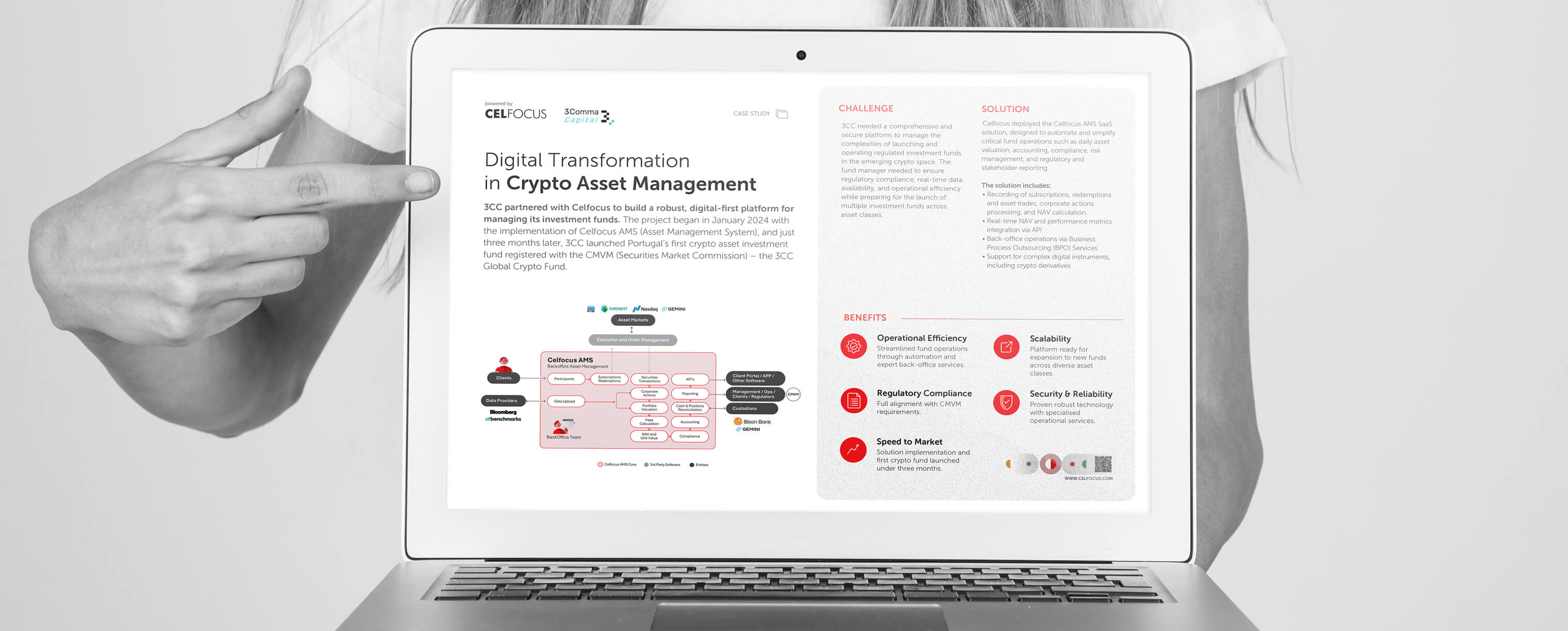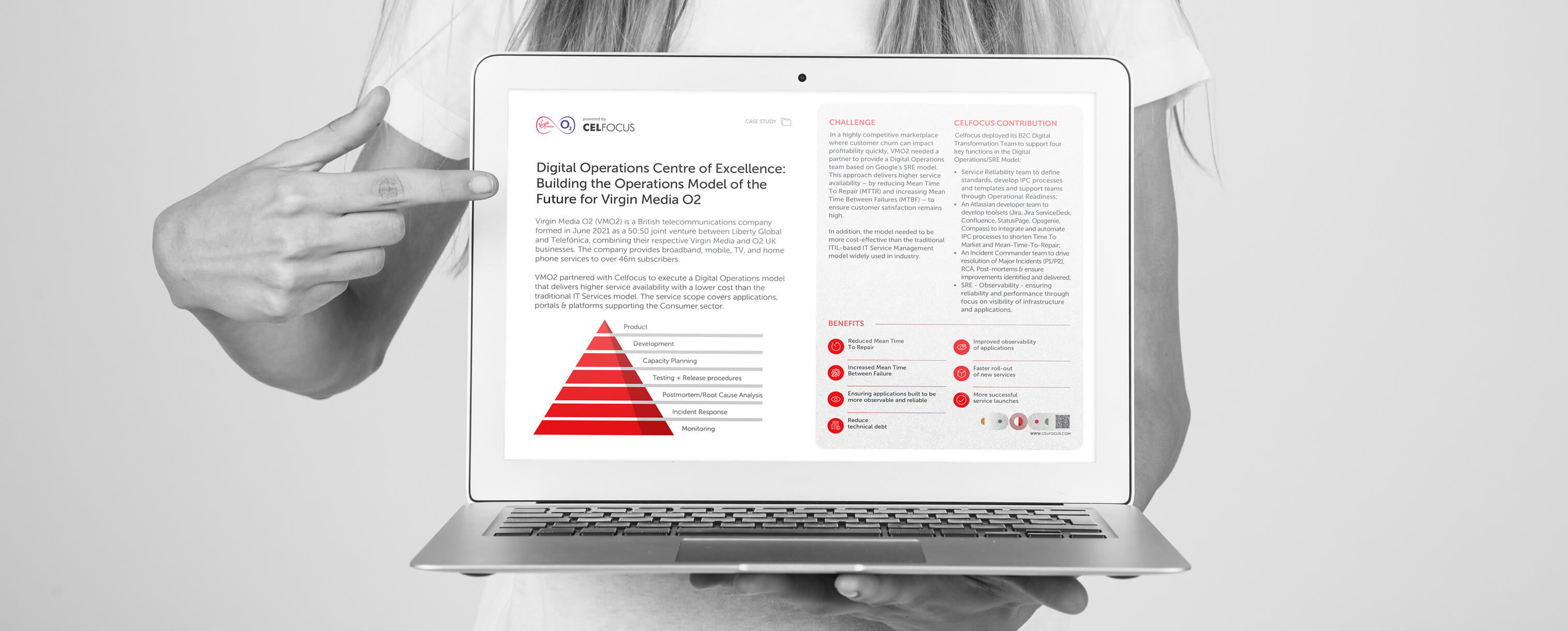|---Module:text|Size:Small---|
Trust is king
With the introduction of value-added services (Over-The-Top), a product and service catalogue that is appealing and easily configurable is required (resulting in use cases in turn of electricity consumption, security, mobility, health, entertainment, among others).
In that context, it is fundamental that consumers’ comprehension grows by giving them access to consumption. Thus, promoting conscious and responsible usage and constant control over “what is being used vs. what is being charged”.
The decision to buy has always been based on mutual trust in which individuals select a product/service based on rational and emotional factors. Predictability, fairness and reasonableness are expected from that relationship. The consumer does not expect the operator to provide over-rated, expensive or abusive services. And the operator expects clients to be autonomous and to make decisions within a commercial offer that will lead to a balanced consumption of what he/she values, amongst the options available.
Acting over each individual with complex, convergent products implies greater flexibility of the commercial offer. That requires each individual consumer to have more control and power to act.
The convergence of individual usage services places new demands in what concerns the privacy of each consumer. For example, access to communication or content consumption of each family member.
Knowing how to deal with the context of each consumer, knowing how to anticipate needs, detecting offer inadequacy, anticipating distrust signs and surprising customers with balanced and contextualised commercial offers has become mandatory.
Business monetisation challenges in digital service consumption
Creating a monetised ecosystem of digital services provided by Telecommunication providers has the following challenges:
- Serves as a leverage for the innovation of commercial offers through an ecosystem that facilitates 3rd party service availability and respective revenue;
- Gives operators the tools that permit creating an innovative commercial offer and respective forms of exposure and selling of contextualised services;
- Controls complexity when selecting convergent products by simplifying commercial representation and promoting control and flexibility in the configuration;
- Promotes transparency of the services subscribed and real usage – allowing users to individually control consumption – through alerts, blocking, thresholds, limit configuration, etc.;
- Makes near real-time tools available, permitting consumption control and anticipating abusive consumption (fraud, bad usage, irrationality), increasing consumer trust when using complex and composed services of diverse components;
- Protects privacy over the consumption of each individual according to his/her profile and consent.





















